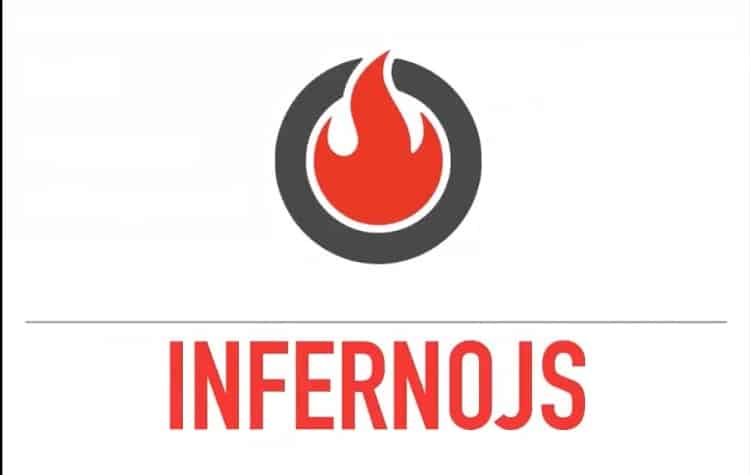There are so many frameworks available for the most popular web programming language JavaScript. If you are learning JavaScript and have already learned it, you must be familiar with certain frameworks. They are likely to be Angular JS, ReactJS, NodeJS, and maybe EmberJS. But not many have heard of the fastest JavaScript framework named Inferno JS. This is quite surprising as everything on the web has to be fast and performance-based. The speed of a framework is determined by the time it takes to download the package that the framework needs for it to be functional. Inferno JS overcomes the popular frameworks like ReactJS and AngularJS in terms of speed. Let us do a detailed review of how that is possible.
Database Parameters and Speed –
Rows – If we consider how much time it takes for the frameworks to create 1000 rows after a web page gets loaded, Inferno takes nearly 25% less time than React and Angular. The only framework ahead of Inferno is VanillaJS. Moving on, if we consider the duration for updating 1000 rows of a table, Inferno leads the chart and AngularJS is the slowest. If you take the duration taken to swap two rows in the table of 1000 rows, Inferno takes only 10% of the time that React JS and Angular JS will take. Therefore, it is very clear that when it comes to the critical operations, Inferno JS performs even better. This is also applicable for clearing rows, appending rows, removing rows and various such activities.
This result is applicable for the keyed implementations. A key is associated with domain data and domain element. This means that if there is any data change happening, the domain element will be updated. The performance varies a lot where it is non-keyed. However, Inferno is still leading here ahead of the popular JavaScript frameworks. Whether it is creating rows, replacing all rows, partial update, or removing rows, Inferno is the clear winner. The parameters where AngularJS or ReactJS are winning, they have a slight margin and they are simple operations.
Performance Parameters and Speed –
This category of parameters tells us how long the users have to wait before a web page is completely loaded such that all parts are functional. As a general rule, the more JavaScript you have, the more time it will take to download, parse and compile. However, the frameworks play an important in determining the performance of these parameters either by slowing down or boosting the speed.
If you take into consideration the total time required to parse, compile, evaluate the scripts in a page, Inferno takes only 25% time of the total time taken by React and Angular. If you take the main thread work time or the time for working on the main thread, Inferno is ahead of React and far ahead of Angular. When the CPU and the network are consistently interacting, AngularJS becomes extremely slow and Inferno thrives in such a scenario. The last parameter to compare in this category is the total byte weight or the transfer cost of all the resource loaded in the page and here too, Inferno leads.
Why Is Not Inferno JS Popular Yet?
In comparison to AngularJS and ReactJS, the popularity of Inferno is negligible. Many argue that it is a mixture of JS and HTML but it is more like ReactJS which is already popular. Similarly, the claim that very few people care about speed in web stuff is also not really true. Yes, there are many companies who focus more on functionality than speed. But speed is a significant factor for improving the user experience. Therefore, it is not something that can be neglected. However, the lack of community support can be a major reason for the developers to make a transition and give Inferno a chance.
Similarly, you can blame the company for lacking the marketing strategy to make the product popular. It is also due to the fact that it is relatively new and it was developed without a big target in the head. This is the reason the documentation is not up to the mark yet in comparison to the other frameworks. But anyone who is using ReactJS, he can make a transition to Inferno easily. However, for other framework users, it can be challenging. Along with InfernoJS, VanillaJS is another awesome framework that has the potential to replace the popular framework but it just cannot due to lack of popularity and other issues we just mentioned above for Inferno.
There is no doubt that Inferno JS is the fastest JavaScript framework available. It is about time for JavaScript developers to try it out and give it a chance. Just because most of them are well-settled with the frameworks they are working on and the clients are not complaining, Inferno JS has not received the recognition it deserves.

